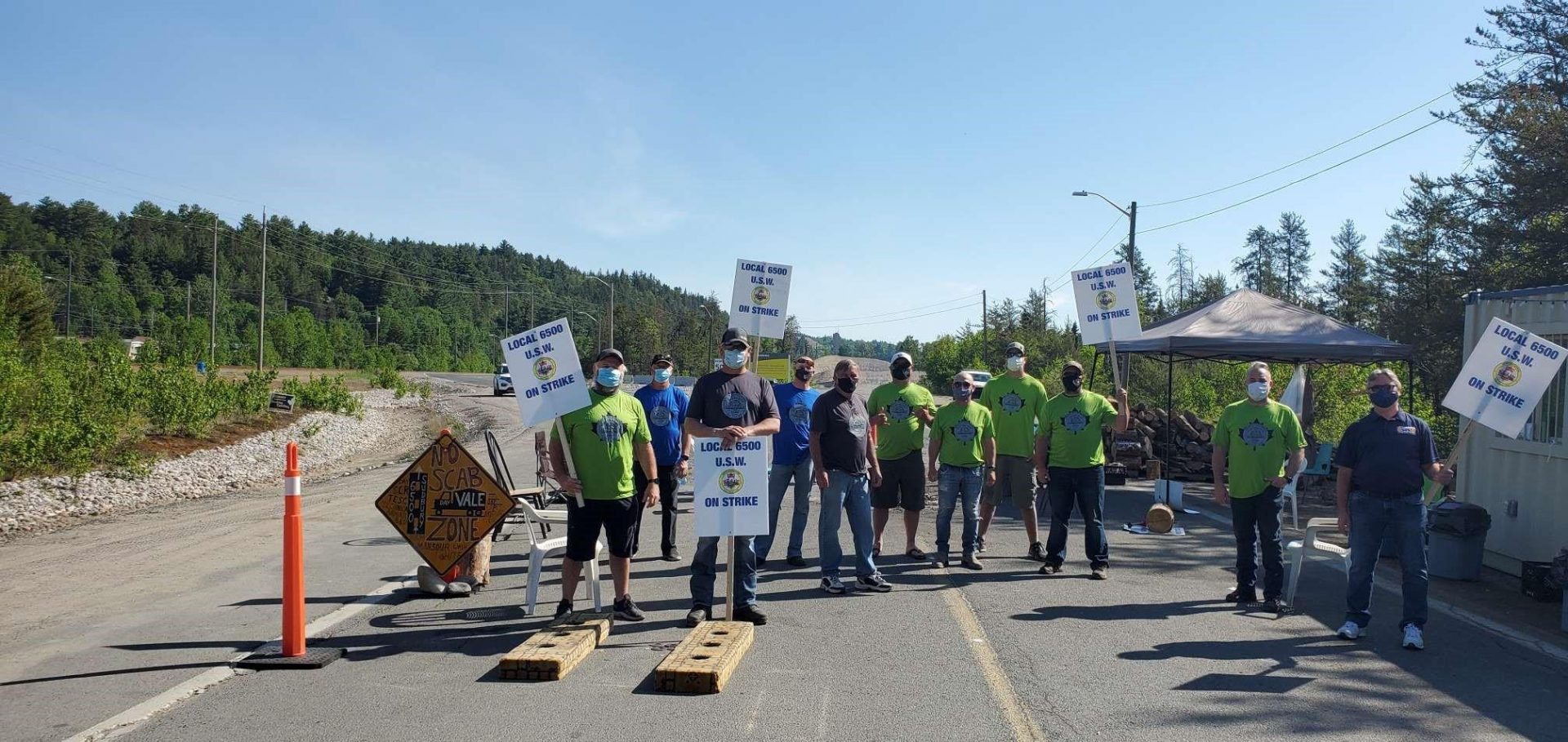On June 1, an estimated 2,500 Vale miners, members of United Steelworkers Local 6500, went on strike against the company’s cuts to health and insurance benefits. After two months on strike, they have ratified a contract which excludes the harsh cuts to retiree benefits the company demanded back in June.

The local’s previous contract covered the cost of semi-private hospital rooms, along with life insurance, non-occupational accident insurance, drug coverage, and “dismemberment insurance.” Under the company’s first proposal, all of this would have been clawed back from future retirees.
Vale has seen steady profits since 2016, while its workplace injuries more than doubled. As one worker said: “You work for 30 years. You destroy your body, then they take your health benefits.” The company’s attempt at clawbacks was a clear slap in the face.
Additionally, Vale’s demand for new cuts came on top of the pension cuts it forced onto its workers after the 2008 crisis. The company said this was to bring its workers in line with “new international realities.” But one former executive suggested its real intentions in an interview with The Globe and Mail: “To break the union.”
But this time, Vale wasn’t expecting a fight. The company noted that its deeply regressive first offer had the bargaining committee’s “unanimous support” before the workers rejected it. Vale’s second offer—which watered down some of its benefit cuts with a paltry $1,000 “health-care savings account”—was also rejected in mid-June.
Throughout, the workers maintained their picket lines. After two months, they forced the company to bend.
The new offer, ratified by 85 per cent of the unit, maintains drug coverage for retirees along with, as local media reports, Vale’s general retiree benefit coverage. The six-year offer includes a $6,000 total signing and pandemic bonus, a total six per cent wage increase and a $2.87 cost-of-living adjustment.
Vale’s management, like other capitalists across Canada, have shown they won’t compromise unless they are forced to. Vale has shown before that it is willing to use crises to attack its workers’ rights—and the present crisis is unlikely to end anytime soon.
The mobilization can’t end here. The wider labour movement must support the fight against further cuts and to recover the rights Vale took away after 2008.

